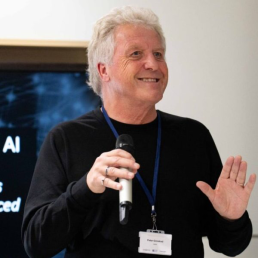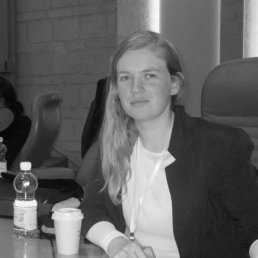North meets South Colloquium
Abstract
Categorification of knot polynomials -- Daniele Celoria

Classically, the most powerful and versatile knot invariants take the form of polynomials. These can usually be defined by simple recursive equations, known as skein relations; after giving the main examples of polynomial knot invariants (Alexander and Jones polynomials), we are going to informally introduce categorifications. Finally we are going to present the Knot Floer and the Khovanov homologies, and show that they provide a categorification of the aforementioned polynomial knot invariants.
Network science for online social media: an x-ray or a stethoscope for society -- Mariano Beguerisse

The abundance of data from social media outlets such as Twitter provides the opportunity to perform research at a societal level at a scale unforeseen. This has spurred the development of mathematical and computational methods such as network science, which uses the formalism and language of graph theory to study large systems of interacting agents. In this talk, I will provide a sketch of network science and its application to study online social media. A number of different networks can be constructed from Twitter data, which can be used to ask questions about users, ranging from the structural (an 'x-ray' to see how societies are connected online) to the topical ('stethoscope' to feel how users interact in the context of specific event). I will provide concrete examples from the UK riots of 2011, applications to medical anthropology, and political referenda, and will also highlight distinct challenges such as the directionality of connections, the size of the network, the use of temporal information and text, all of which are active areas of research.



